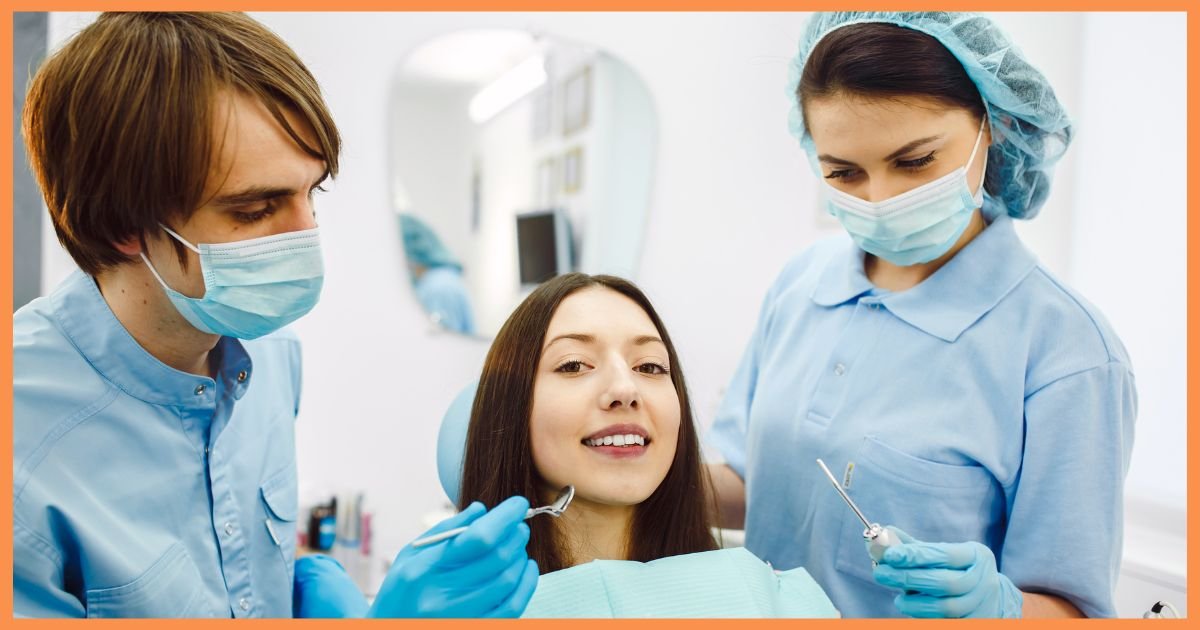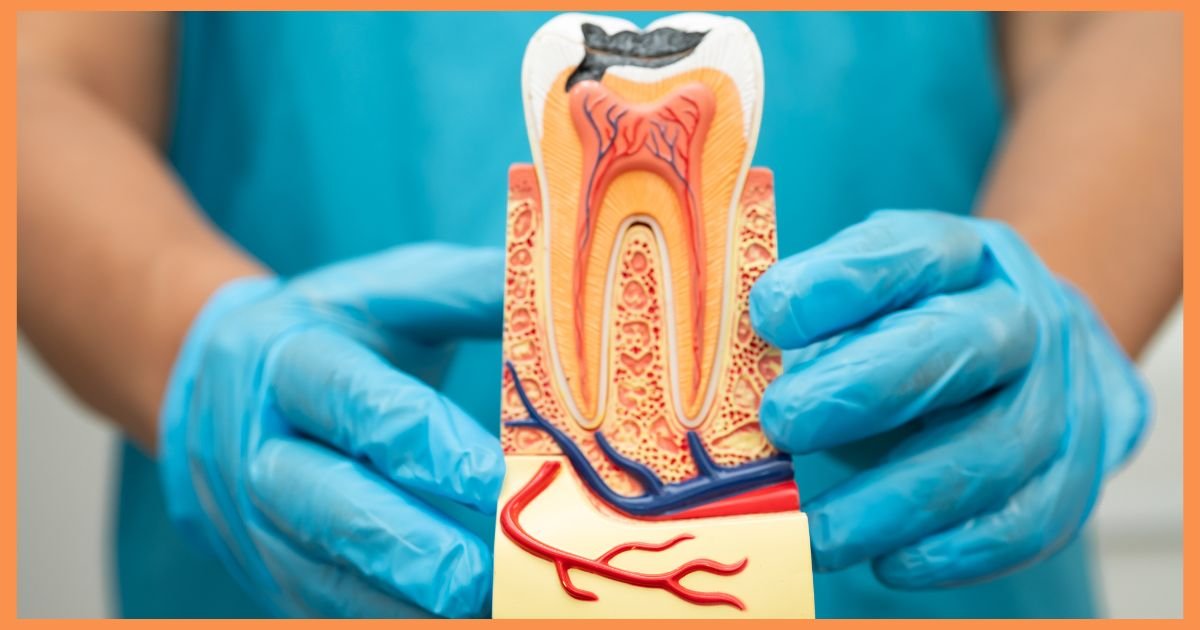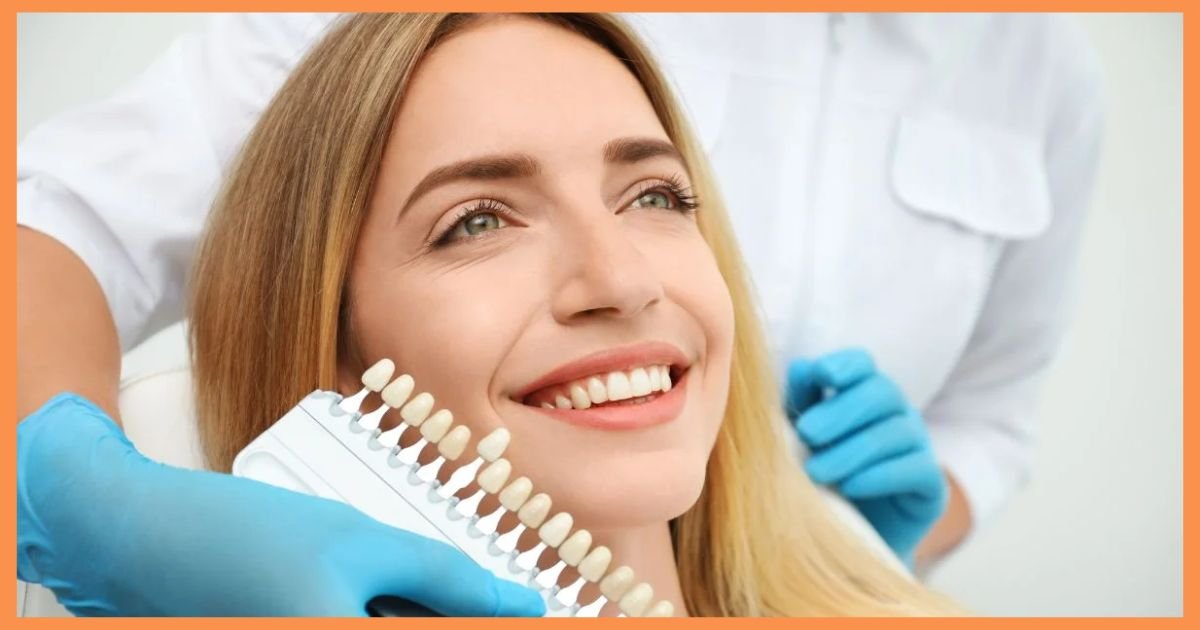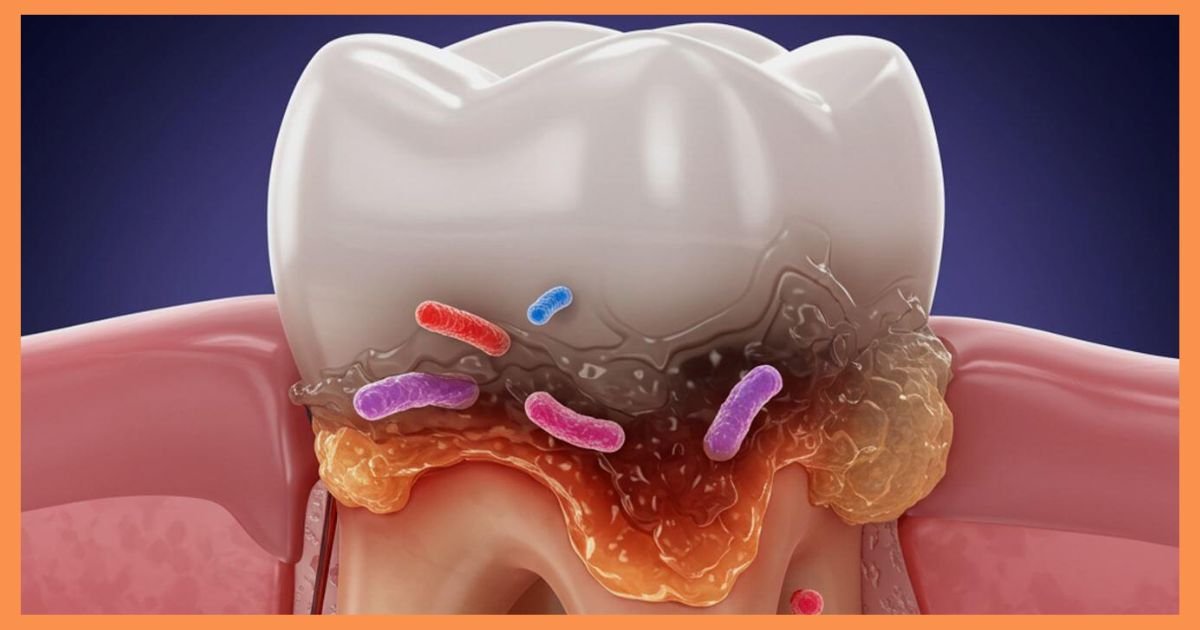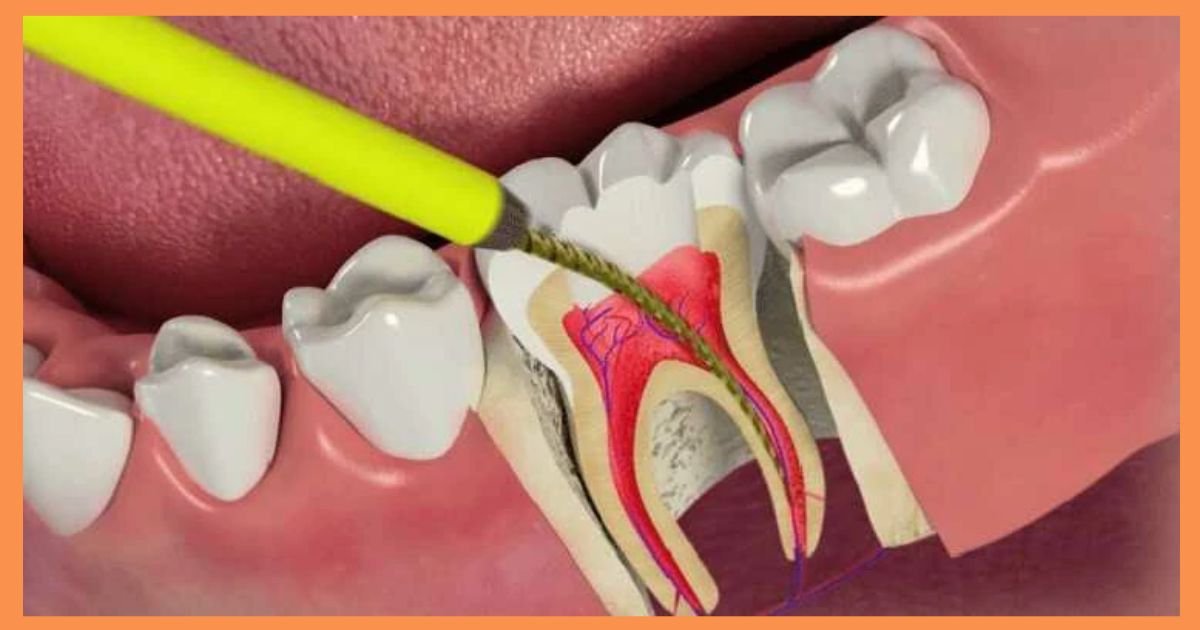You might be asking, Why is capping necessary after RCT?Lets take the case of Anjali, a young professional working in Gurgaon’s thriving IT sector. After a long day at the office, she often likes to unwind at one of the popular spots along Golf Course Road with her friends, indulging in her love for food and drinks. But lately, a nagging toothache had begun to get in the way of her enjoying those moments. A quick visit to her dentist revealed that she needed a root canal treatment (RCT).
Relieved after getting the RCT done, Anjali thought her dental troubles were behind her. However, her dentist advised her to get a dental crown placed over her treated tooth. She wondered, “Is capping necessary after RCT?” Busy with work and social engagements, she decided to delay it, thinking it wasn’t that important.
Fast forward a few weeks later, while enjoying a meal at The Joint Café in DLF Cyber Hub, Anjali felt a sharp crack in her tooth as she bit into her burger. What was once a minor dental issue now turned into a more significant problem—one that could have been avoided with timely action.
If you’ve ever been in Anjali’s shoes, you might wonder whether you really need a dental crown after RCT. Let’s explore why is capping necessary after RCT? for long-term dental health it is not just necessary but very important, especially if you’re living an active, food-loving lifestyle in Gurgaon.
What Happens to Your Tooth After a Root Canal Treatment?
After undergoing a root canal, your dentist removes the infected or damaged pulp inside your tooth. While this clears up the infection and saves your tooth, it leaves the tooth structure vulnerable and weaker than before. Think of your tooth like a hollowed-out tree it’s still standing, but without the internal support, it’s far more fragile.
At this point, your tooth is susceptible to damage from normal activities like chewing and biting, especially when you’re enjoying hard or sticky foods like the delicious treats found at Cyber Hub’s Miso or Galleria Market’s food joints. Without protection, your tooth might fracture, just like what happened to Anjali.
Why is Capping Necessary After RCT?
You might think that after the root canal, your tooth is in the clear. But in reality, the tooth is structurally compromised. That’s where dental capping comes into play. A crown is a custom-made covering that fits over your tooth, protecting it from future damage and restoring its strength.
Here’s why a crown is non-negotiable:
- Structural Reinforcement: A crown acts as a shield, covering the weakened tooth and allowing it to function normally without the risk of breaking or cracking.
- Durability: Without a crown, your tooth might not last long. A dental crown extends the life of your treated tooth, helping it withstand daily pressures—whether it’s enjoying your favorite sushi at Sakae Sushi or having a family dinner at Whisky Samba.
- Prevention of Future Damage: The treated tooth is hollow and brittle after RCT. If left uncapped, it’s prone to reinfection or even fracture, leading to more complicated treatments like dental implants or, in severe cases, extractions.
The Risks of Delaying Capping
In Anjali’s case, delaying the crown led to an avoidable emergency her tooth cracked while she was enjoying a meal. Skipping or postponing dental capping can have serious consequences, especially if you’re regularly engaging in social activities like eating out or drinking, which can add strain to your teeth.
The Consequences of Delaying a Dental Crown:
- Tooth Fractures: Without a crown, your tooth remains vulnerable to cracking or breaking under pressure. Even something as simple as enjoying a dinner at The Wine Company in CyberHub could lead to dental damage.
- Reinfection: A hollow tooth can become a breeding ground for bacteria, increasing the risk of reinfection. The last thing you want is to revisit the pain and discomfort of a tooth infection.
- Costlier Treatments in the Future: A cracked or fractured tooth may require more invasive procedures like dental implants or extractions, which are far more expensive and time-consuming than a simple crown placement.
The Role of Crowns, Veneers, and Implants: Comprehensive Dental Care
At Dr. Khullar’s Dental Clinic, we take a comprehensive approach to dental care. While dental crowns are crucial after RCT, they’re just one part of the puzzle. Here’s how other services like veneers and implants complement post-RCT care.
Dental Crowns: Strengthening the Tooth
As mentioned earlier, crowns act like a helmet, protecting your treated tooth from the wear and tear of daily life. Whether you’re indulging in the latest dishes at Café Amaretto or treating yourself at SodaBottleOpenerWala, a crown ensures your tooth stays protected.
Dental Veneers: Enhancing Aesthetics
After your RCT and crown placement, you might want to improve the overall appearance of your teeth. Dental veneers are thin, custom-made shells that cover the front surface of your teeth, offering a cosmetic upgrade while preserving the functionality restored by the crown.
Dental Implants: The Last Resort
In cases where a tooth is too damaged for RCT or capping, dental implants offer a long-term solution. If a tooth can’t be saved, a dental implant replaces it entirely, offering a permanent, natural-looking replacement. But implants should be seen as a last resort—our goal is to preserve your natural teeth as much as possible with timely treatments like RCT and capping.
What to Expect During the Capping Process
If you’re worried about the process of getting a dental crown, rest easy—it’s far less daunting than you might think. At Dr. Khullar’s Dental Clinic in New Gurgaon, we ensure the procedure is quick, painless, and tailored to your needs.
The Steps Involved in Dental Capping:
- Tooth Preparation: First, your tooth is carefully shaped to ensure the crown fits securely.
- Impressions: An impression of your tooth is taken to create a custom-made crown that fits perfectly over your treated tooth.
- Temporary Crown: A temporary crown is placed to protect your tooth while the permanent crown is being made.
- Permanent Crown Placement: Once your custom crown is ready, it’s placed securely over your tooth, restoring both its appearance and function.
The entire process is seamless, and before you know it, you’ll be back to enjoying your favorite spots like Di Ghent Café or The Joint Café without any dental worries.
Caring for Your Crown
Once your dental crown is placed, it’s essential to take care of it to ensure its longevity. Just like the rest of your teeth, crowned teeth need regular care and attention.
Here’s how you can maintain your crown for years to come:
- Daily Brushing and Flossing: Make sure to brush twice a day and floss regularly to keep the area around the crown clean and free from plaque buildup.
- Avoid Hard Foods: While crowns are durable, avoid chewing on excessively hard foods like ice or candy. Stick to softer options like those found at Farzi Café or Soi 7 in DLF CyberHub.
- Routine Dental Check-Ups: Schedule regular check-ups with Dr. Khullar’s Dental Clinic to ensure your crown remains in good condition and that your overall oral health is maintained.
Bringing it All Together
For Anjali, the decision to get her dental crown placed after her RCT not only saved her tooth but also helped her avoid more costly and invasive procedures. Whether you’re a 25-40-year-old professional enjoying the vibrant nightlife and food scene in Gurgaon or a 40-60+ family-oriented individual, timely dental care is essential.
Dental crowns, veneers, and implants are all part of a comprehensive dental solution designed to help you maintain both the function and beauty of your smile. At Dr. Khullar’s Dental Clinic, we focus on personalized care that fits your unique needs.
Protect Your Smile, Enjoy Life
Whether you’re grabbing a quick lunch at Sector 29’s foodie hub or attending an event in DLF Phase 1, your dental health shouldn’t hold you back. Getting a dental crown after a root canal treatment is a critical step in protecting your tooth from future damage and ensuring you can enjoy your life in Gurgaon without any dental concerns.
Don’t wait for your tooth to fracture like Anjali’s did—act now. Book a consultation at Dr. Khullar’s Dental Clinic today. So you can continue enjoying all that Gurgaon has to offer, from the best food spots to family outings the Best Dentist in Gurgaon is here to protect your smile

